Review
The Alfa Romeo Junior is more than just a new model; it’s the brand’s first fully electric compact crossover, a small sporting SUV launched to save the Italian manufacturer all over again. As the manufacturer’s slogan for the car says, ‘sportiness goes compact’.
The move might surprise Alfa’s purists, but the Junior’s combination of Italian design, sporty performance, and modern tech has put it in an enviable position as a practical yet spirited entry in a bustling segment.
It’s built on the e-CMP2 platform shared with other Stellantis models like the Jeep Avenger and Peugeot e-2008, which doesn’t sound like the best way to create a car that delivers the driver engagement that you expect from an Alfa Romeo, but Alfa’s engineering tweaks make the Junior stand out as a sportier, slightly smaller SUV than typical crossovers.
The design captures many of Alfa Romeo’s classic elements, like the distinctive Scudetto grille and nods to Alfas of the past — the rear is said to be influenced by the 1960s Giulia TZ race car — but it’s as fresh and modern as anything else on the road.
The Junior comes with two electric power options. There’s the 156PS Elettrica model we’re driving, and a more potent 280PS Veloce model. Petrol-powered models will join the lineup next year if you’re not quite ready for an electric Alfa.
Both electric models have a 54kWh battery pack under the floor, which is enough to give 255 miles of range under the optimistic WLTP testing regime. That’s helped by a standard heat pump that ensures greater efficiency in colder months. Recharging is limited to 100kW, which is a little behind some of its rivals, meaning that, in ideal conditions, topping up from 10% to 80% takes a reasonably brisk 27 minutes.
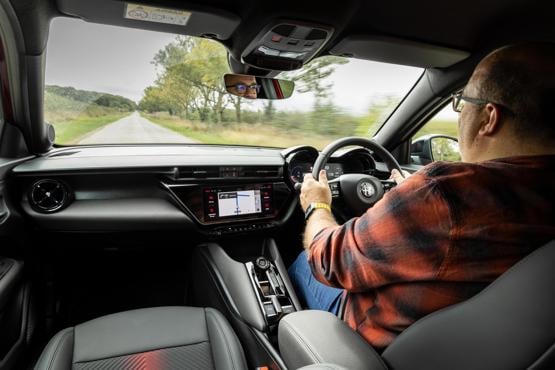
Performance of the Junior is a little less brisk than you might hope for. The standard 0–62mph dash takes nine seconds, despite its impressively lightweight build. At around 1.5 tonnes, it’s a featherweight in the world of EVs, but the 156PS and 260Nm of torque isn’t quite enough to make it feel quick.
However, Alfa’s engineers have worked to make the Junior feel more alive than any of its Stellantis siblings. Its steering is nimble and well-weighted, with feedback that makes you feel connected to the road, holding its own on both city streets and winding country roads. It hangs on to the road nicely, offering good body control and relatively light handling. It could almost be described as fun, but as speeds increase, the lack of oomph means any overtaking moves require careful planning and second thoughts.
Alfa’s ‘DNA’ drive modes — Dynamic, Natural, and Advanced Efficiency — adjust the feel of the accelerator, brakes, and steering, with varying degrees of success. In Efficiency and Natural settings, the pedal can feel inconsistent due to regenerative braking, although that’s a common EV quirk. It’s less noticeable in Dynamic mode, where the brakes rely more on friction.
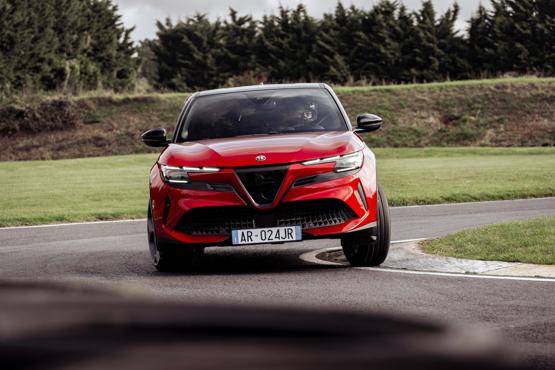
We had a go in the Veloce, but as the vehicle wasn’t registered for UK roads, we were limited to a small race circuit. With 280PS and a limited-slip differential to keep the front wheel under control, as well as quicker steering and upgraded suspension, it was a hoot. It had proper hot hatch vibes, but without a drive on public roads, we’ll reserve judgment.
Inside, the Junior is a mixed bag. Essential controls and displays are driver-oriented, including a digital instrument panel and a 10.25-inch infotainment screen angled toward the driver. A row of physical climate control buttons and a rotary volume knob are welcome features, especially compared to competitors with touch-sensitive controls.
It all looks gloriously Italian, but the material quality is a long way from being premium. Yes, this is the ‘affordable’ car in Alfa’s range, but while there are softer touchpoints in places, vast swathes of the cabin are covered in hard, brittle plastic, including a very obvious panel that runs across the width of the dashboard.
Passenger space is competitive, with the Junior providing ample headroom for front and rear passengers despite its compact exterior. Rear legroom is adequate for adults on shorter journeys, though taller occupants may feel cramped. Storage is thoughtful, with an adjustable boot floor and a dedicated space for charging cables. The boot’s pretty big, too, offering 400 litres of cargo volume — quite a lot more than you’ll find in a Volvo EX30, although less than in the back of a Kia EV3.
Pricing starts at just under £34,000 for the Elettrica, which feels very competitive and puts it barely above the entry-level Kia EV3 and Volvo EX30. The Speciale model we’ve got the keys to includes additional features like tinted windows, a reversing camera, and an upgraded audio system for £35,695. The power and performance of the Veloce will set you back £42,295. As they’re all electric (for now — a petrol-powered mild hybrid model will join the range in 2025), BIK rates are low, and all but the Veloce avoid the VED high-value uplift.
The Alfa Romeo Junior may not be the compact sportscar Alfa is suggesting it is, but it is a well-rounded, engaging EV that doesn’t entirely favour form over function.
Author:
Phil Huff
Contributor
Specs
| Manufacturer | Alfa Romeo |
| Model | Junior Electric Hatchback |
| Specification | Alfa Romeo Junior Electric Hatchback 115kW Elettrica 54kWh 5dr Auto |
| Model Year | 2024.00 |
| Annual VED (Road tax) | £10 |
| BIK List Price | £33,840 |
| Range | 255.00mile(s) |
| CO2 | N/A |
| BIK Percentage | 3% |
| Insurance Group | N/A |
| CC | 1 |
| Fuel Type | Electric |
| Vehicle Type | Small car |
| Luggage capacity (Seats up) | 400litres |
| Doors | 5 |
Running Costs
| P11D | £33,840 |
| Cost per mile | 37.26ppm |
| Residual value | £14,425 |
| Insurance group | N/A |
| Fuel Type | Electric |
| Cost per mile | 115.80ppm |
| Fuel | 2.17ppm |
| Depreciation | 110.95ppm |
| Service maintenance and repair | 2.68ppm |
Rivals
Info at a glance
-
P11D Price
£33,840
-
MPG
N/A (WLTP) -
CO2 Emissions
N/A -
BIK %
3% -
Running cost
3 Year 60k : £14,425 4 Year 80k : £11,750 -
Fuel Type
Electric -
Range
255.00mile(s)

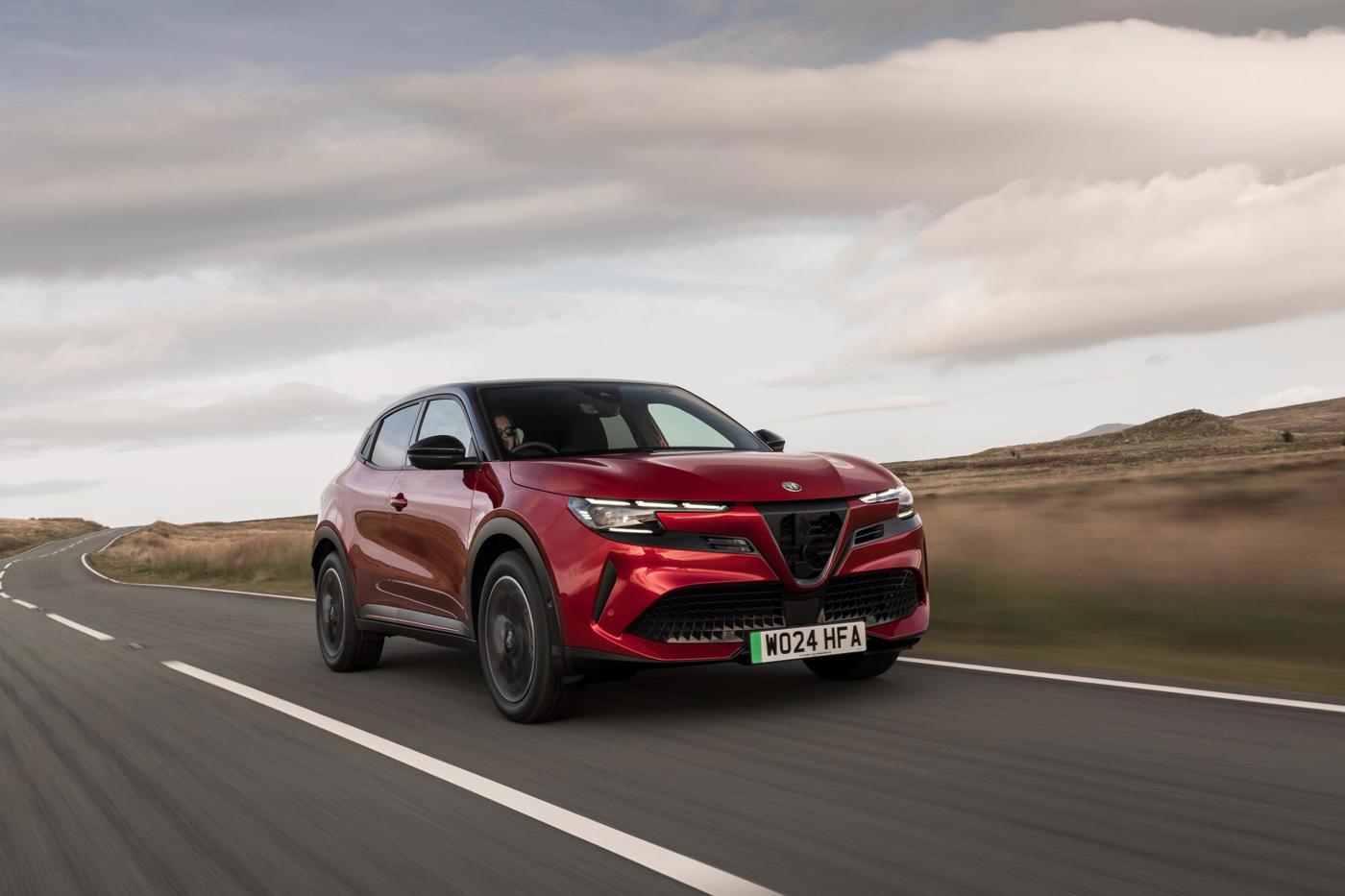
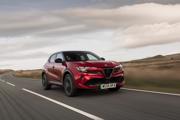

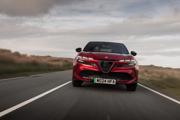
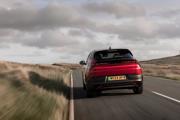
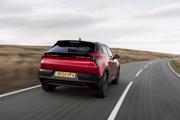
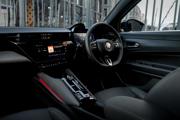
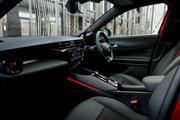
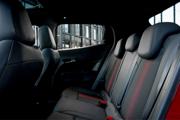
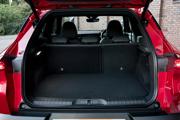

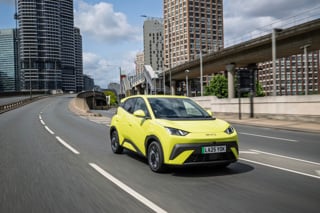
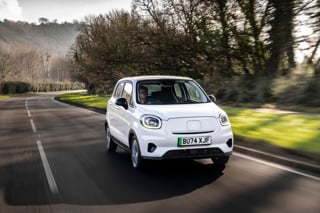
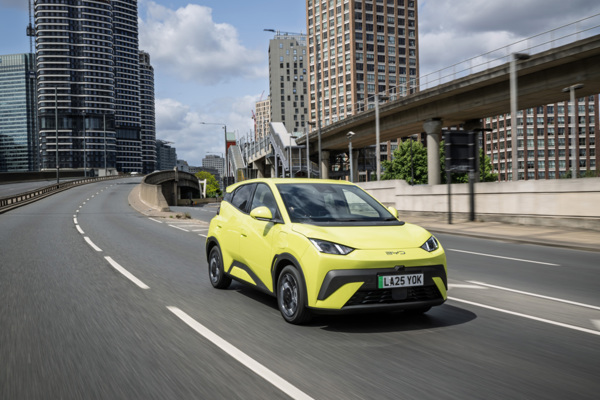
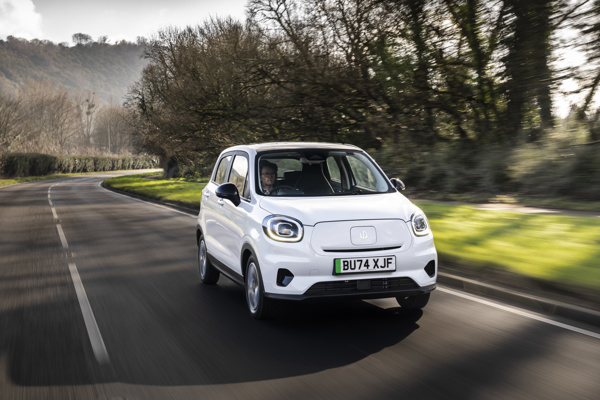
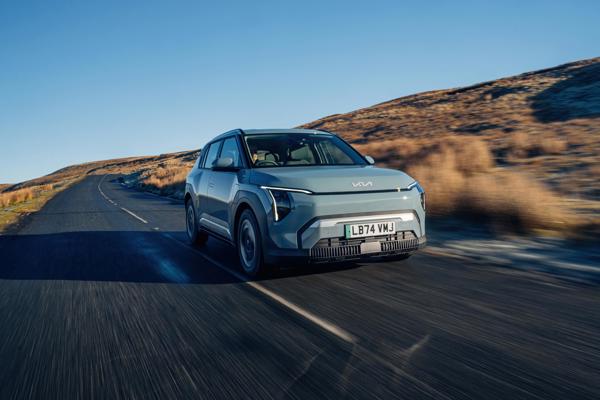
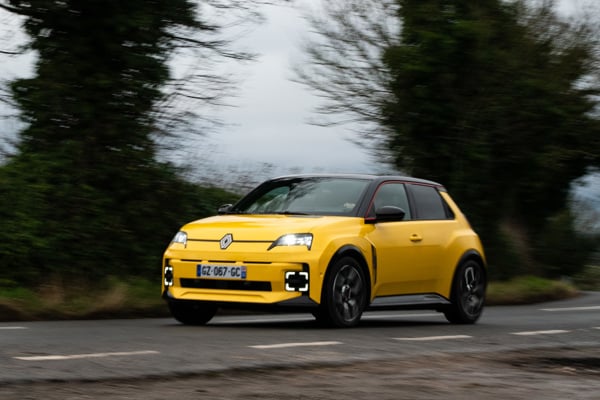
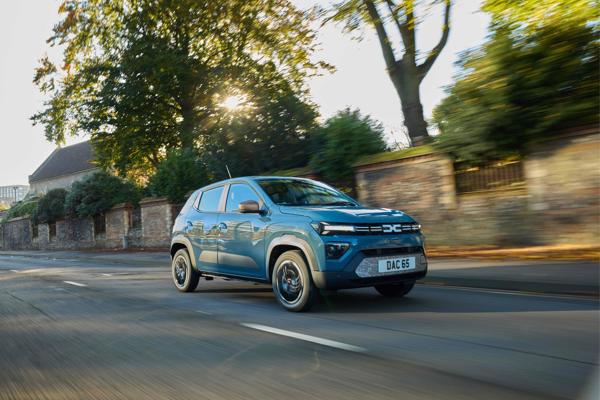
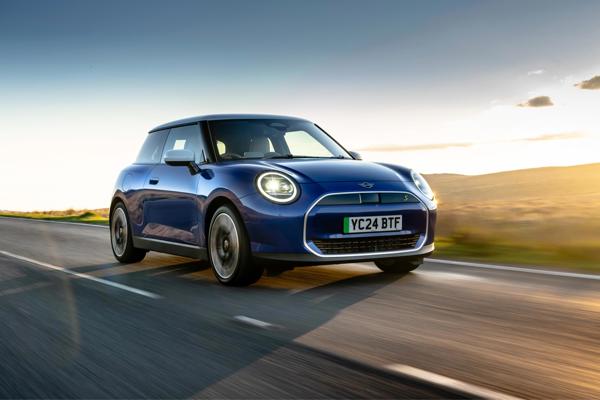
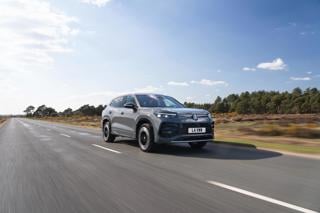
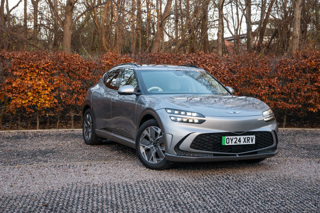
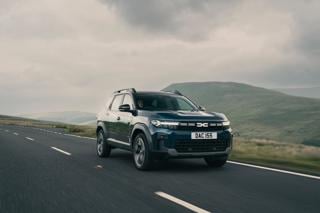
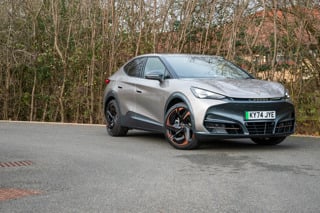












Login to comment
Comments
No comments have been made yet.